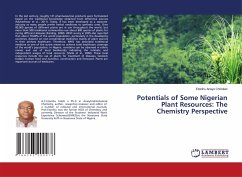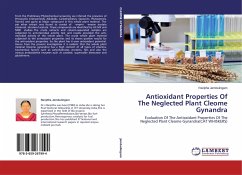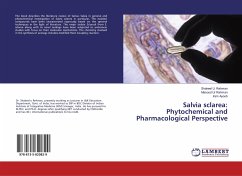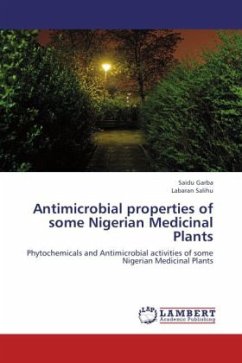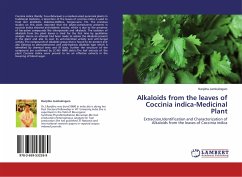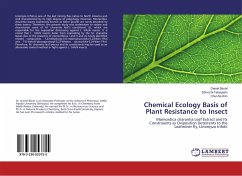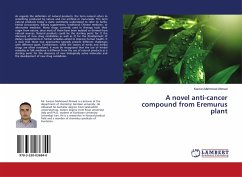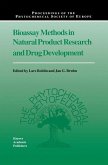In the last century, roughly 121 pharmaceutical products were formulated based on the traditional knowledge obtained from difference sources (Mukeshwar et al., 2011). Today, it has been developed as a separate industry as many people prefer herbal medicines to synthetic ones. Over 80,000 species of different plants are in use throughout the world, but more than 500 traditional communities use about 800 species of plants for curing different diseases (Kamboj, 2000). WHO survey in 2005 also reported that about 70-80% of the world population, particularly in the developing countries, depend on non-conventional medicines mainly of plant sources in their primary healthcare. Therefore, WHO has described traditional medicine as one of the surest means to achieve total healthcare coverage of the world's population. In Nigeria, variations can be observed in ethnic names and use of local biodiversity indicating the intimate and independent usages of local resources (Stella et al., 2000). These local resources include the use of plants for treatment of diseases, livestock fodder, human food and nutrition, construction and firewood. Plants are important sources of medicines.
Bitte wählen Sie Ihr Anliegen aus.
Rechnungen
Retourenschein anfordern
Bestellstatus
Storno

